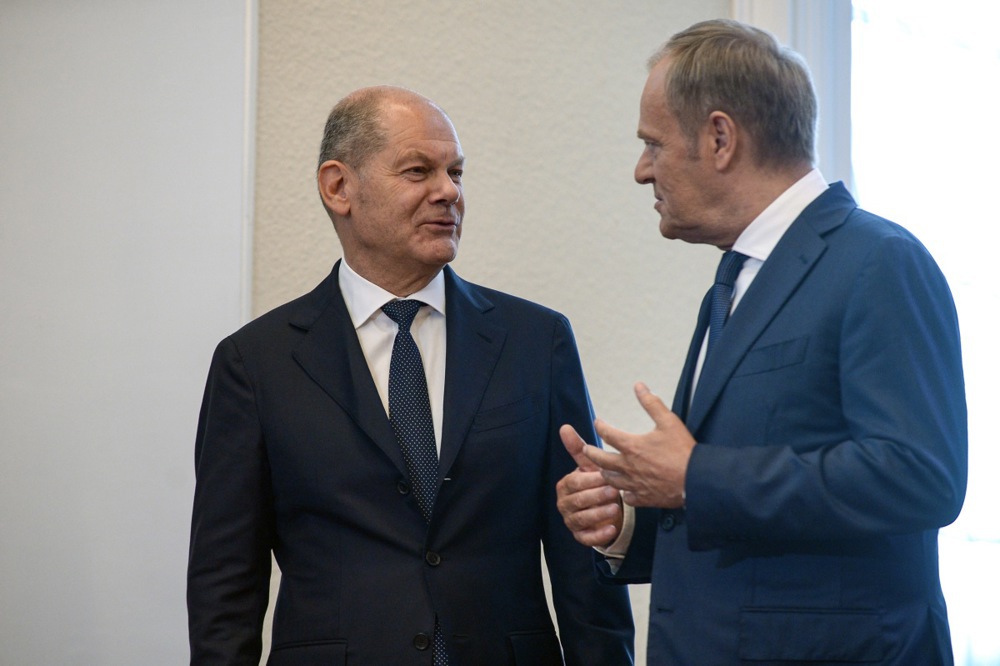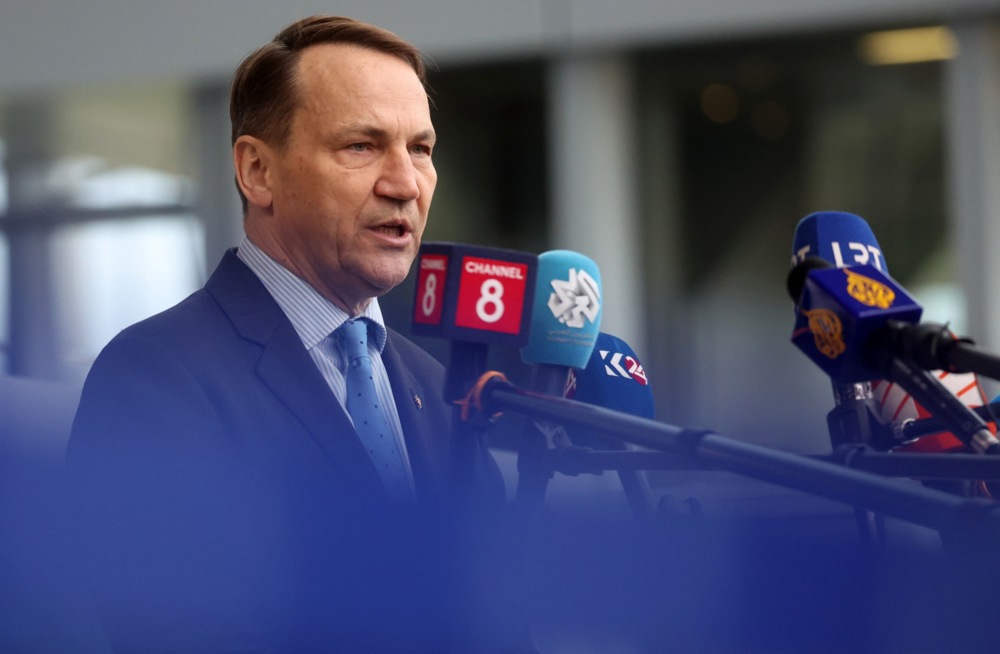Poland has accused Moscow of breaching international law after Russian drones hit a Polish-owned factory in Ukraine’s city of Vinnytsia.
The Barlinek wooden flooring plant, one of the largest manufacturers of wooden flooring in Europe, was struck overnight between July 15-16, with the strike severely damaging the factory, rendering it inoperable for at least six months.
Although there were no fatalities, seven people were wounded, including two seriously.
The strike was part of a wave of 400 drones launched by Russia against Ukraine on that day and was one of the most damaging hits on Polish commercial property in the country since the start of Moscow’s full-scale invasion in 2022.
On July 17, Paweł Wroński, the spokesman for the Polish foreign ministry, said that Poland had summoned a representative of the Russian embassy in Warsaw to protest over the attack.
“The attack on the Barlinek company’s plant in Vinnytsia, which is a Polish property and deals with civilian production only, is a violation of international law,” Wroński wrote on the social media platform X.
On July 16 foreign minister Radosław Sikorski had told reporters that 28 drones had targeted Vinnytsia from three different directions. 18 of them were shot down but five drones managed to hit the Polish-owned plant.
“Everything points to the plant having been a set target, to the attack not having been accidental,” Sikorski said, adding: “Putin’s criminal war is approaching our borders.”
Poland has over the past three years acted as a hub for military and humanitarian aid for Ukraine and has incurred the wrath of the Russians because it has engaged diplomatically in pressing for sanctions on Russia over its invasion of Ukraine.
The two countries have been engaged in tit-for-tat consulate closures, the latest of which took place in July when Russia decided to close down the Polish consulate in the ex-territorial enclave of Kaliningrad.
The history between the two countries is one fraught with conflict with the Russians having occupied parts of Poland during the partitions of the 18th and 19th centuries. The Bolsheviks tried unsuccessfully to invade Poland in 1920 and then at the end of the Second World War the USSR invaded and annexed Polish territory, imposing a Communist system of government.
Hopes of a warming of relations came with the Gorbachev reform period when the Russians accepted responsibility for the Katyń massacre of 1940 involving Stalin’s Red Army killing of thousands of Polish officers who were prisoners of war.
The thaw in relations continued during the presidency of Boris Yeltsin when the two countries agreed that Russian troops would leave Poland.
The Russians were, though, always ambivalent towards Poland entering NATO in 1999 but were unable to prevent that accession.
Under the assertive presidency of Vladimir Putin the two countries clashed repeatedly over the invasion of Georgia (2008) and the Smolensk air disaster in which Polish president Lech Kaczyński perished. Other points of contention included the Maidan revolutions in Ukraine, with the Russians accusing Poles of ingratitude for the Soviet liberation of their land from German occupation and the post-war settlement which saw Poland gain territory on its western flank.
Poland took the invasion of Ukraine in 2022 as a direct threat to its own security and has since ratcheted up its defence spending to the level of 4.7 per cent of its GDP, the highest ratio in the NATO block.





